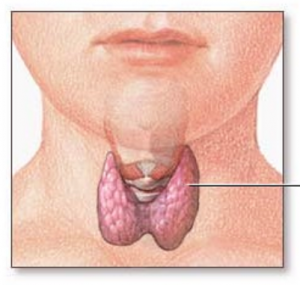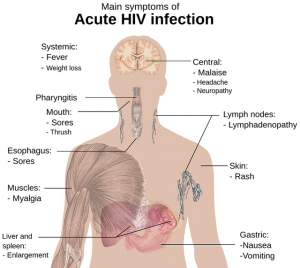Thyroid disorders.
Many clinicians treating autoimmune thyroid diseases are using selenium supplementation as one treatment modality even though, in the official guidelines, selenium supplementation is recommended only in the treatment of mild Graves orbitopathy [Winther 2020].

Some clinicians consider supplementation with selenium to be a pharmaceutical action that should be taken only with thyroid disorder patients with well-defined symptoms in order to alleviate the symptoms, to improve the course of the disease, or to provide a cure. Typically, in such cases, the selenium treatment is conducted for short periods, and the health benefits and side effects are evaluated and weighed [Schomburg 2020].
Other clinicians consider supplementation with selenium in a more holistic way and use selenium supplementation as a way to correct a nutritional deficiency of selenium, which is associated with thyroid disorders [Schomburg 2020].

